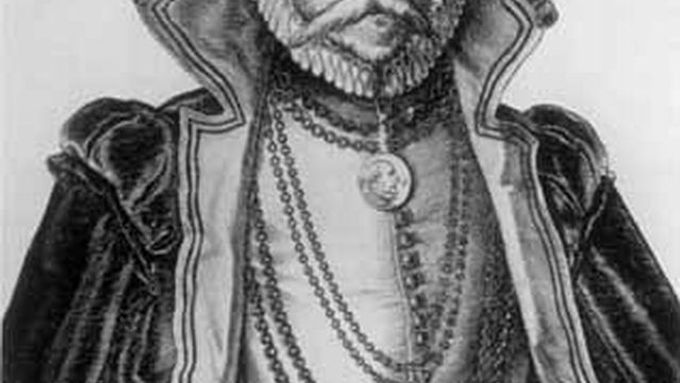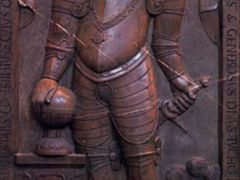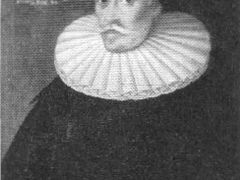Prague - A very unusual request has recently arrived in Prague.
A team of Danish scientists sent a letter of request to a parish of Prague's Týn Church, asking permission to exhume the body of a famous Danish astronomer Tycho Brahe.
Brahe lived at the court of Czech king and Habsburg emperor Rudolf II in the 16th century and was a very good friend of German astronomer Johannes Kepler.
Tycho Brahe was buried in Prague's Týn Church.
Contract killer?
According to German weekly magazine Der Spiegel, Danish historian Peter Andersen suspects that "the murder plot was hatched at the highest political level. Danish King Christian IV was the mastermind."
The Strasbourg-based historian has recently discovered a diary, in which a distant relative of Tycho Brahe and Swedish Count, Erik Brahe, made a murder confession. Erik Brahe visited Brahe's house a few days before the astronomer's death.
The Danish scientists, headed by archeologist Jens Vellev, believe the brilliant observer of the stars was poisoned with mercury.
Church not so keen
The team of scientists wants to take a sample of Brahe's body to confirm their convictions.
The Czech Catholic Church, however, does not show much enthusiasm about opening the grave, awaiting a statement of experts and preservationists.
At the moment the Danish team's request is being reviewed by Czech Institute of Archeology of the Academy of Sciences and National Heritage Institute.
"We do not see any reason why we should comment it now. As soon as we have the experts' statement, we will do so," spokesperson of Archdiocese of Prague Aleš Pištora said for Aktuálně.cz.
The Church often cooperates with historians and archeologists but the request to open the grave, exhume the body and take a sample of the body is highly exceptional.
"Most of the time they use destructive methods, for example probing tubes and a camera that is sent down to the grave," said Pištora.
Even if preservationists agree with the exhumation, the Danish scientists will have to get an approval of the Archdiocese of Prague. And their approach is far from keen.
"We are not certain about the scientific benefits of the whole thing. With respect to the remains of the body we would run a risk of damaging the grave. Moreover, the temperature would change and so on," said Pištora.
"However, it is such an exceptional situation, there are no guidelines who and how should decide," added Pištora.


